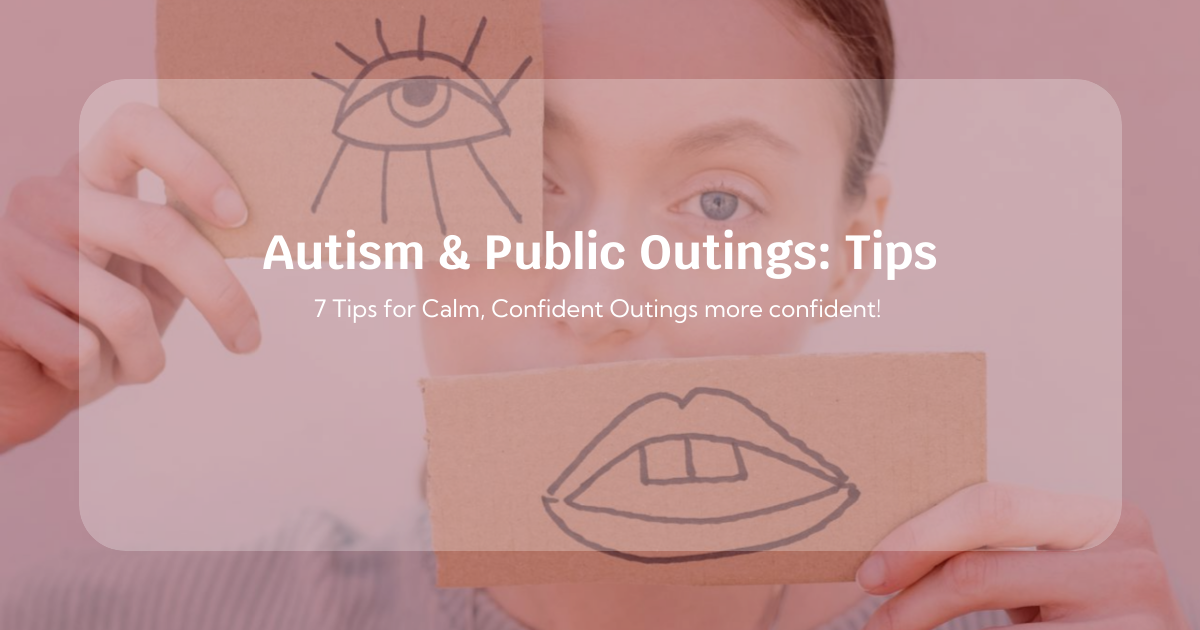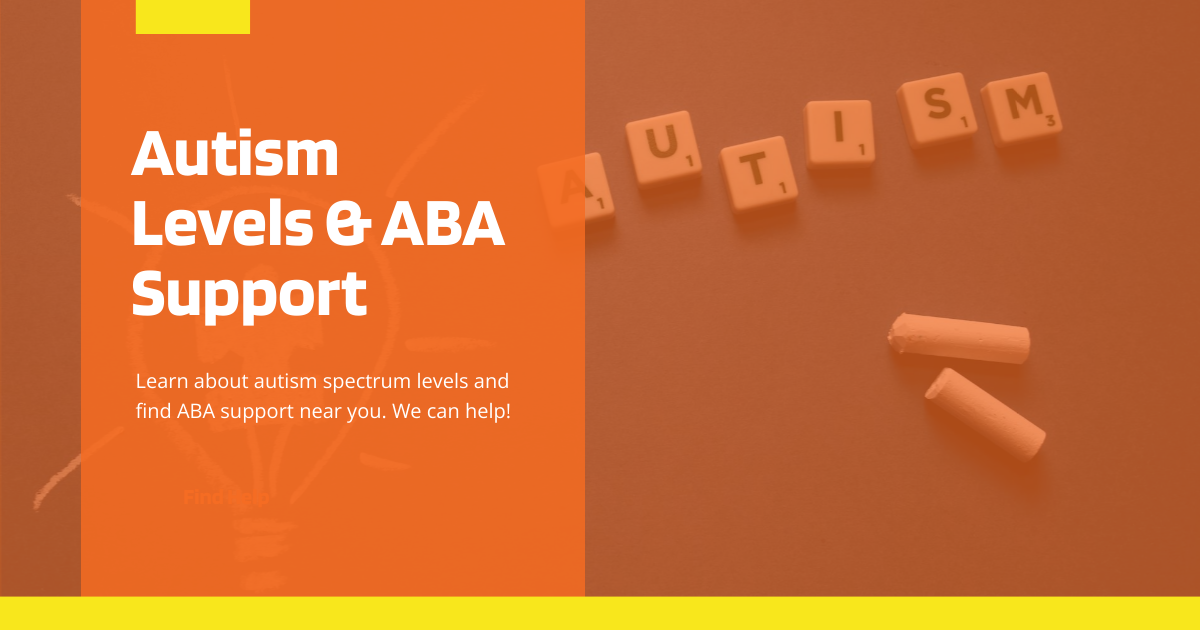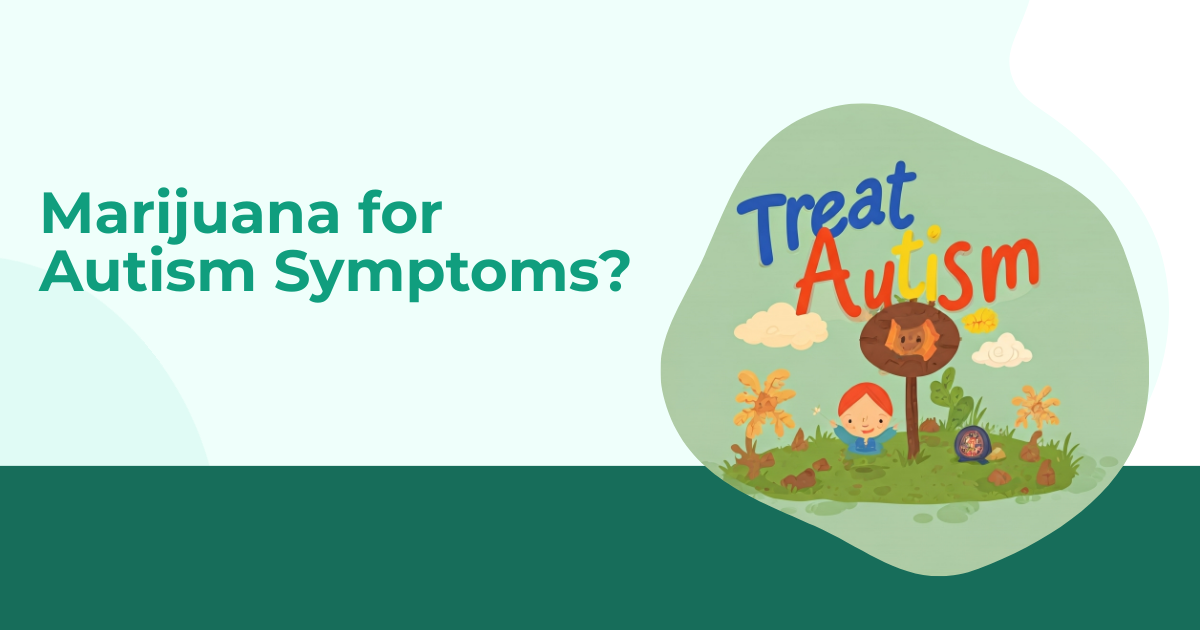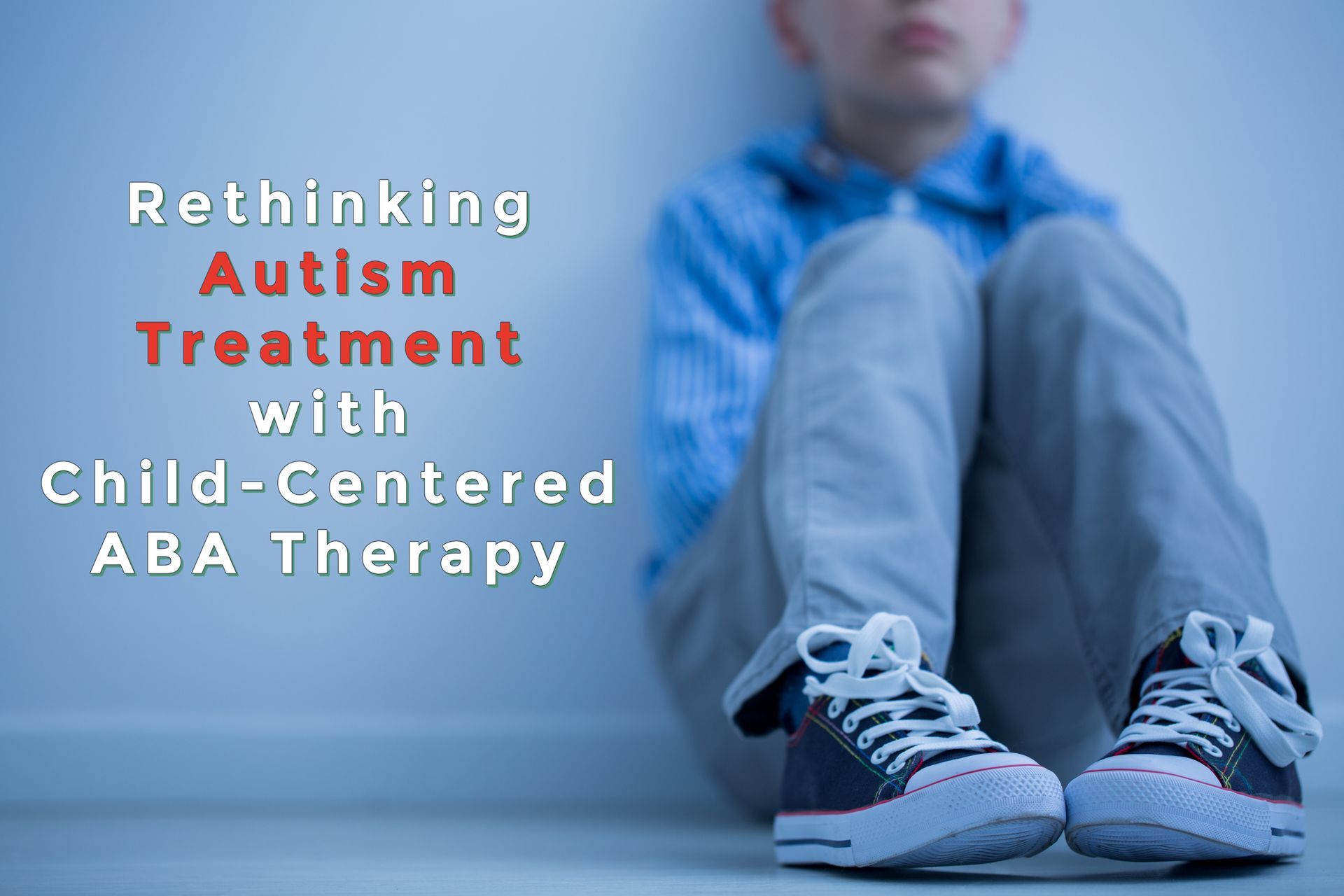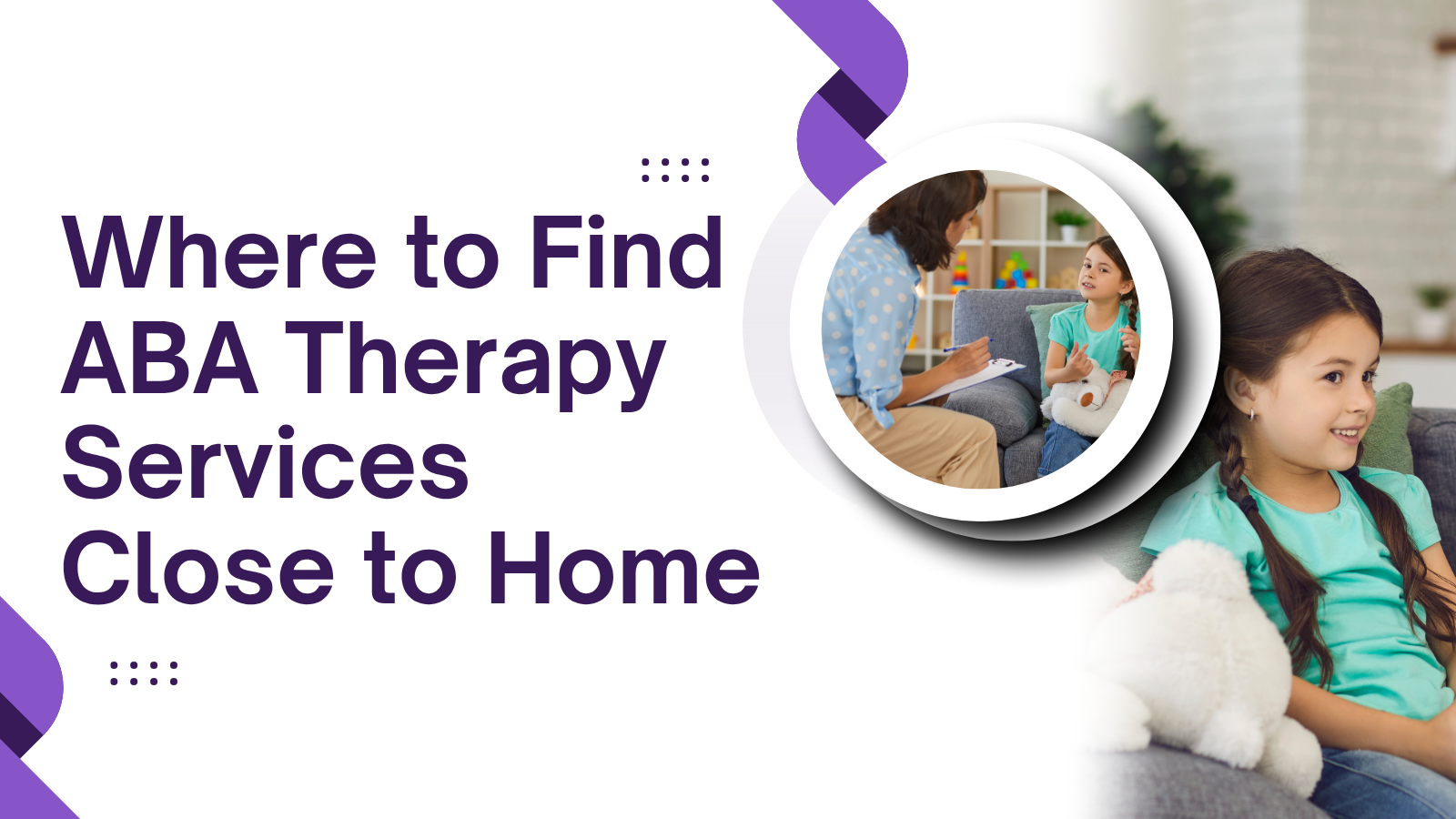ABA Therapy: Purpose, Process, and Benefits

In recent years, ABA Therapy has gained significant recognition as a trusted approach to support behavioral development in individuals with varying needs. With its strong foundation in behavioral science, this therapy is widely implemented across schools, clinics, and in-home environments. If you’re exploring therapeutic options and wondering, “What is ABA therapy?”, this comprehensive guide will walk you through its purpose, process, and benefits—plus how it’s making a positive impact in areas like Maryland.
What Is ABA Therapy?
ABA Therapy, short for Applied Behavior Analysis, is a scientifically validated approach focused on understanding and improving specific behaviors. If you’ve ever asked, “What is ABA therapy?”, it’s essentially a method that uses behavioral principles to teach meaningful life skills and reduce behaviors that may hinder progress.
At its core, aba applied behavior analysis studies how behavior works and how learning takes place. By applying strategies that are measurable and observable, ABA therapy helps individuals acquire new skills, increase useful behaviors, and decrease those that interfere with learning or quality of life.
The Purpose of ABA Therapy
The primary goal of ABA therapy is to enhance functional behaviors and improve overall quality of life. ABA is tailored to suit the unique needs of every individual, allowing practitioners to address a wide range of developmental, social, academic, and daily living skills.
Key purposes include:
- Promoting Independence: Teaching self-help skills such as dressing, eating, and hygiene.
- Improving Communication: Whether through verbal language or alternative systems, communication is a common focus area.
- Enhancing Social Skills: Fostering appropriate interaction with peers and adults in various settings.
- Reducing Interfering Behaviors: Identifying the root causes of behaviors and providing alternatives through behavior replacement strategies.
- Developing Academic Skills: Tailoring educational interventions based on the individual’s learning style.
ABA is frequently used as part of a broader support system, and its data-driven structure ensures that every strategy is intentional and results-oriented.
The Process of ABA Therapy
Understanding the process helps demystify the therapy and showcases its structured approach. ABA therapy typically involves several key stages:
Initial Assessment and Goal Setting
The journey begins with an in-depth assessment conducted by a Board-Certified Behavior Analyst (BCBA). This step involves observing the individual in their natural environment, reviewing historical data, and interviewing caregivers or teachers.
Using these insights, the BCBA develops a personalized behavior intervention plan (BIP) that outlines specific goals and strategies tailored to the individual’s needs.
Behavior Intervention Plan (BIP)
The BIP acts as the roadmap for therapy. It includes:
- Target behaviors for increase or reduction
- Methods for data collection
- Positive reinforcement systems
- Skill acquisition strategies
- Crisis intervention procedures (if necessary)
This document is updated regularly based on progress and data collected during sessions.
Therapy Sessions and Data Collection
Sessions are carried out by behavior technicians or Registered Behavior Technicians (RBTs) under the supervision of a BCBA. These sessions may happen at home, school, or specialized centers like those offering aba autism therapy Maryland services.
During therapy, interventions are implemented while meticulously tracking behaviors, responses, and outcomes. This data-driven approach ensures that strategies are effective and progress is objectively measured.
Ongoing Supervision and Adjustments
Supervisors review data weekly, make necessary adjustments to interventions, and provide additional training for technicians or caregivers. The dynamic nature of aba behavior analysis allows for real-time improvements and continuous progress.
Benefits of ABA Therapy
ABA therapy is recognized for producing meaningful, lasting change. Its benefits span across multiple developmental domains and can significantly improve daily life.
Individualized Support
One of the core strengths of ABA therapy is its customization. Since no two individuals are alike, behavior plans are created with specific goals and progress markers. Whether focusing on communication, daily tasks, or social interactions, every objective is tailored to promote real-world success.
Proven Effectiveness
With decades of research supporting its methodology, aba applied behavior analysis is one of the most studied and validated interventions for developmental support. Numerous scientific studies have documented its effectiveness in promoting functional independence and behavioral growth.
Positive Reinforcement
ABA places a strong emphasis on positive reinforcement—rewarding desired behaviors to encourage repetition. This not only boosts motivation but also builds confidence in individuals as they witness their own progress.
Measurable Results
Since ABA is data-driven, all progress is tracked in a quantifiable way. This allows caregivers and therapists to make informed decisions based on evidence rather than assumptions. The result is a highly efficient and outcome-oriented therapy model.
Support Across Settings
ABA therapy is designed to generalize skills across various settings, including home, school, and community. The ability to practice and master skills in different environments ensures that the learned behaviors are both functional and sustainable.
ABA Therapy in Maryland: A Growing Network of Support
Maryland has emerged as a hub for high-quality ABA services. With a growing number of reputable aba companies Maryland, families have access to a range of providers who specialize in customized, in-home, and center-based care.
From Baltimore to Silver Spring and beyond, aba autism therapy Maryland programs are helping individuals achieve significant developmental milestones. These services are often covered by insurance, making them more accessible to families in need of support.
Whether you are searching for private providers, school partnerships, or therapeutic centers, Maryland’s landscape of aba behavior analysis professionals continues to expand—delivering quality care grounded in compassion and science.
The Role of Caregivers and Families
ABA therapy is most effective when there is a collaborative relationship between the therapist and the family. Parents, guardians, and siblings play a vital role in the individual’s development by reinforcing newly learned skills outside of formal therapy sessions.
Many aba companies Maryland offer parent training and coaching as part of their services. These sessions empower caregivers to:
- Understand behavior triggers
- Use consistent reinforcement strategies
- Support generalization of skills at home and in the community
This partnership creates a supportive ecosystem that nurtures lasting behavioral change.
Choosing the Right ABA Provider
Not all providers are the same, and it’s important to choose a team that aligns with your goals and values. Here are a few tips to guide your selection:
- Verify Credentials: Ensure the BCBA is licensed and certified.
- Assess Customization: Ask how individual behavior plans are created and adapted.
- Inquire About Training: Learn how RBTs are supervised and trained.
- Review Data Practices: A good provider should use consistent, transparent data collection.
- Explore Family Involvement: Choose providers who prioritize caregiver engagement.
In Maryland, the abundance of qualified aba companies ensures you’ll find a provider that matches your family’s needs and expectations.
Don’t wait—take the next step with Able Minds ABA by your side.
FAQs
When asking the question, “What is ABA therapy?”, the answer lies in its ability to bring about real, measurable improvements in behavior and quality of life. As a science-backed, individualized, and compassionate approach, ABA is transforming how individuals learn and interact with the world around them.
From helping someone complete everyday tasks independently to improving communication and social behaviors, ABA therapy offers meaningful tools that create positive change. With services growing in areas like Maryland, the impact of aba applied behavior analysis continues to reach more families each year.
If you’re considering ABA for a loved one or exploring support options in your area, take the time to research, connect with local providers, and ask questions that matter. The right team will guide you on a journey of growth, empowerment, and lasting success.
FAQs
What is ABA therapy, and how does it work?
ABA therapy, short for Applied Behavior Analysis, is a data-driven approach that focuses on improving specific behaviors. It works by identifying behavior patterns and applying strategies such as positive reinforcement to increase desired behaviors and reduce those that interfere with learning. When asking “What is ABA therapy?”, it's essentially a scientific method for understanding and changing behavior.
Who can benefit from ABA therapy?
ABA therapy can be beneficial for individuals of all ages who face behavioral or developmental challenges. It is often recommended for children who need help with communication, self-help, social interactions, or adaptive skills. Services like aba autism therapy Maryland are tailored to support children and families throughout various developmental stages.
What is the main goal of ABA therapy?
The primary goal of ABA therapy is to teach meaningful, functional behaviors that improve independence and quality of life. It focuses on skills like communication, self-care, academic readiness, and social interaction while reducing behaviors that may hinder development.
How is progress measured in ABA therapy?
Progress is measured through continuous data collection and analysis. Therapists track responses during each session and evaluate the effectiveness of strategies. This data-driven structure allows for consistent review and timely adjustments, a hallmark of aba behavior analysis.
How long does ABA therapy typically last?
The duration of ABA therapy varies based on the individual’s needs, goals, and response to treatment. Some individuals may receive therapy for a few months, while others may benefit from a long-term plan. The frequency of sessions is determined during the initial assessment phase and adjusted over time.
Are ABA services available in Maryland?
Yes, there are many reputable ABA companies in Maryland that offer both in-home and center-based services. These providers offer customized therapy plans supervised by Board-Certified Behavior Analysts (BCBAs) and trained therapists to ensure quality outcomes.
What are the qualifications of an ABA therapist?
ABA therapy is delivered by Registered Behavior Technicians (RBTs) under the supervision of a licensed Board-Certified Behavior Analyst (BCBA). BCBAs hold advanced degrees and are trained in aba applied behavior analysis, ensuring that therapy plans are safe, ethical, and effective.





